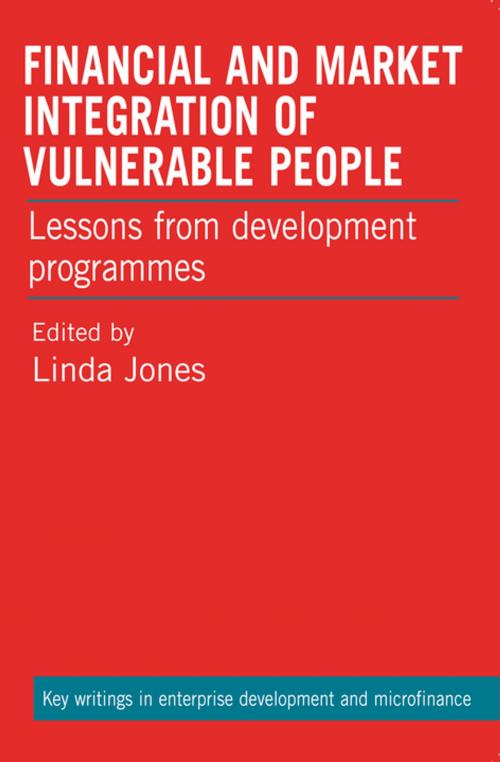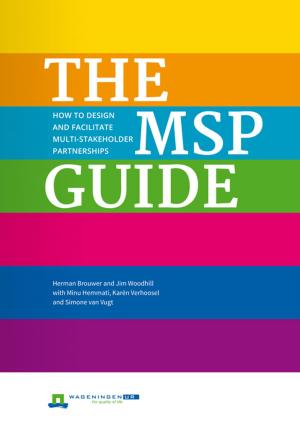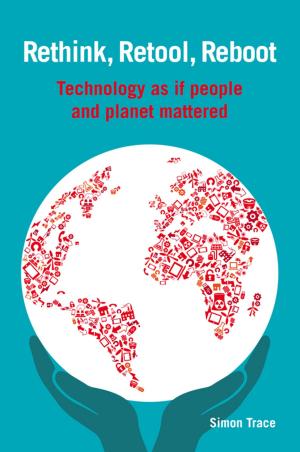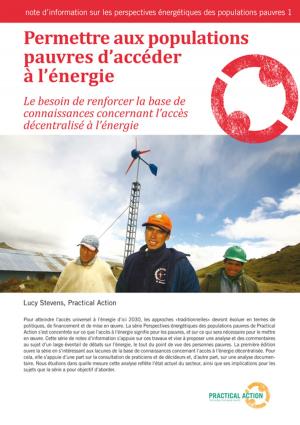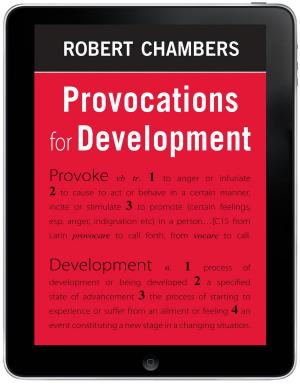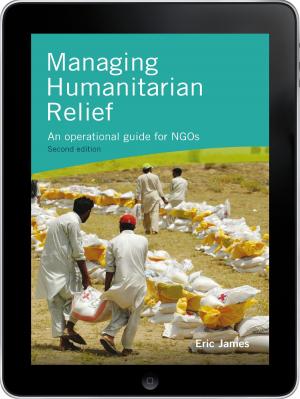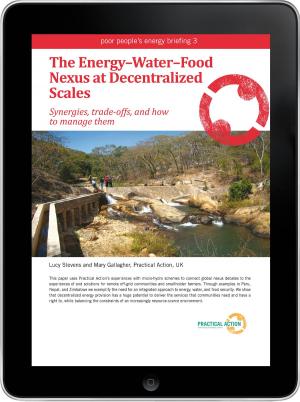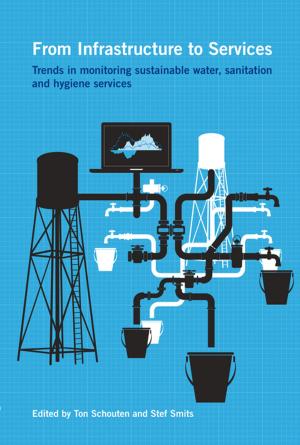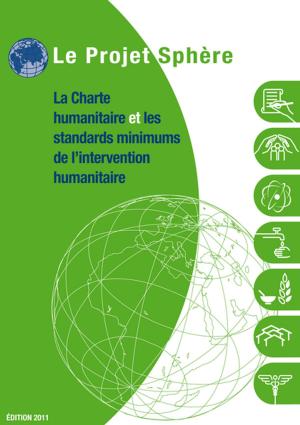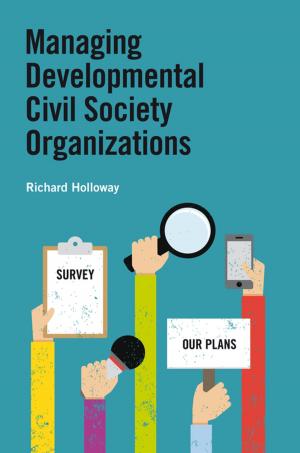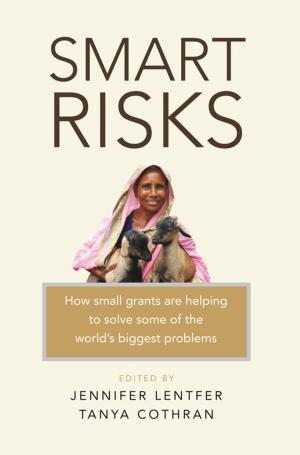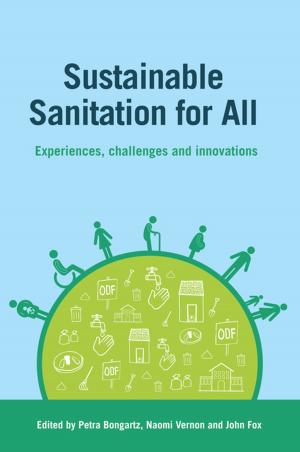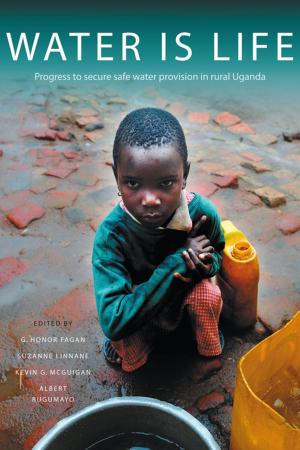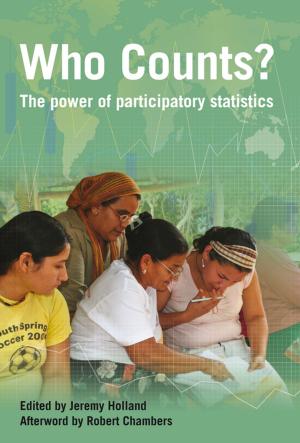Financial and Market Integration of Vulnerable People
Nonfiction, Reference & Language, Reference, Social & Cultural Studies, Social Science| Author: | ISBN: | 9781780448886 | |
| Publisher: | Practical Action Publishing | Publication: | July 15, 2015 |
| Imprint: | Practical Action Publishing | Language: | English |
| Author: | |
| ISBN: | 9781780448886 |
| Publisher: | Practical Action Publishing |
| Publication: | July 15, 2015 |
| Imprint: | Practical Action Publishing |
| Language: | English |
Smallholder farmers, women earners, young job-seekers, people with disability and the entrenched poor often struggle to sustain themselves or contribute to the wellbeing of their households. Despite years of attempting to address this situation, microfinance and enterprise development programmes have repeatedly been unable to reach the poorest and most vulnerable. However, some programmes and approaches are making advances, and this book provides conceptual and practical insights into how we can facilitate change for those most in need. It poses questions such as: how can we enable the participation and contribution of vulnerable populations in economic development programming? In what ways are subsidies being used creatively to increase assets without creating dependence? How can barriers to access for disabled people be reduced for greater financial inclusion? Is it possible for smallholders to be integrated into commercial value chains without increasing their risks? Which graduation models help poorest people to move out of extreme poverty? Financial and Market Integration of Vulnerable People provides examples of some promising solutions including the ‘push–pull’ model for value chain integration,, innovation in financial product design, cash transfers and graduation models, indigenous stewardship of local resources, and vouchers for smallholder agricultural technologies. This book is important reading for policy makers, programme implementers, ,researchers, and students of international development.
Smallholder farmers, women earners, young job-seekers, people with disability and the entrenched poor often struggle to sustain themselves or contribute to the wellbeing of their households. Despite years of attempting to address this situation, microfinance and enterprise development programmes have repeatedly been unable to reach the poorest and most vulnerable. However, some programmes and approaches are making advances, and this book provides conceptual and practical insights into how we can facilitate change for those most in need. It poses questions such as: how can we enable the participation and contribution of vulnerable populations in economic development programming? In what ways are subsidies being used creatively to increase assets without creating dependence? How can barriers to access for disabled people be reduced for greater financial inclusion? Is it possible for smallholders to be integrated into commercial value chains without increasing their risks? Which graduation models help poorest people to move out of extreme poverty? Financial and Market Integration of Vulnerable People provides examples of some promising solutions including the ‘push–pull’ model for value chain integration,, innovation in financial product design, cash transfers and graduation models, indigenous stewardship of local resources, and vouchers for smallholder agricultural technologies. This book is important reading for policy makers, programme implementers, ,researchers, and students of international development.
